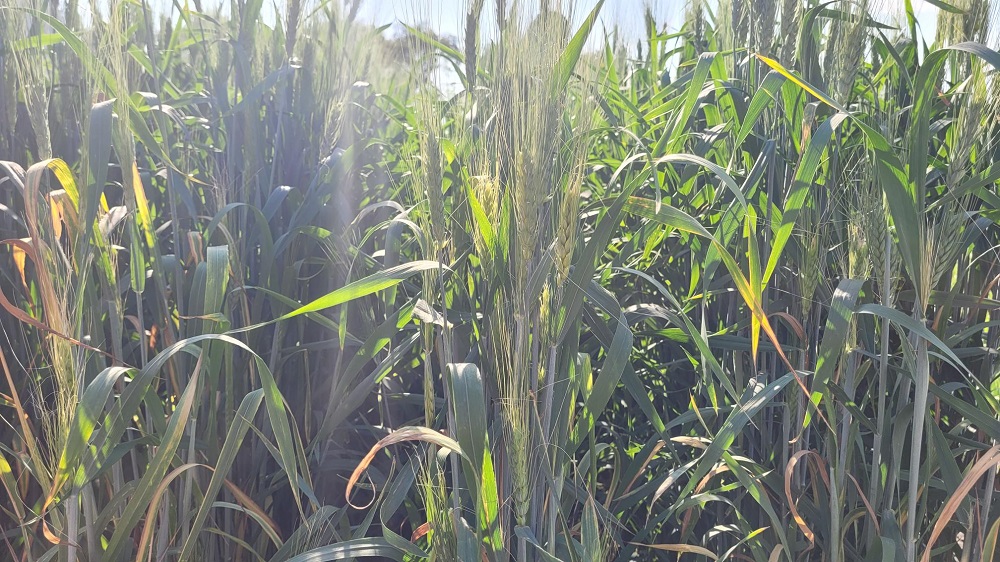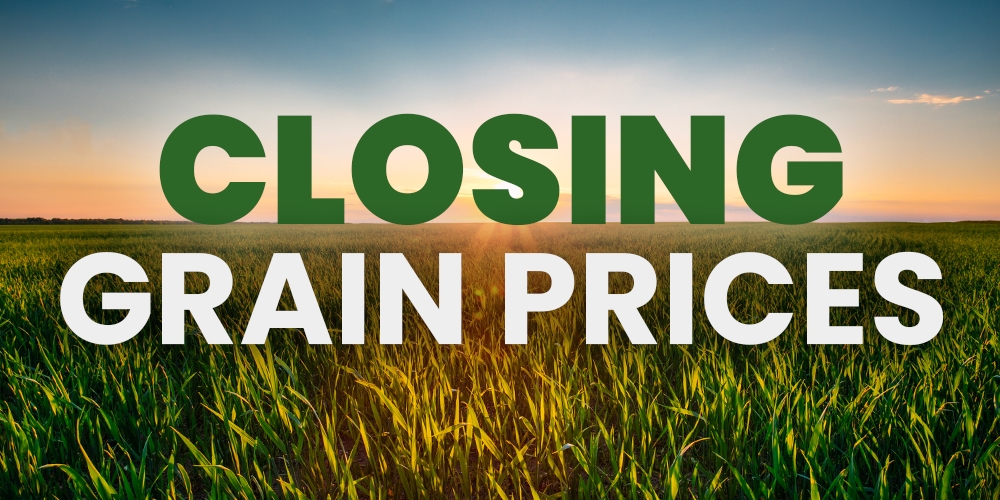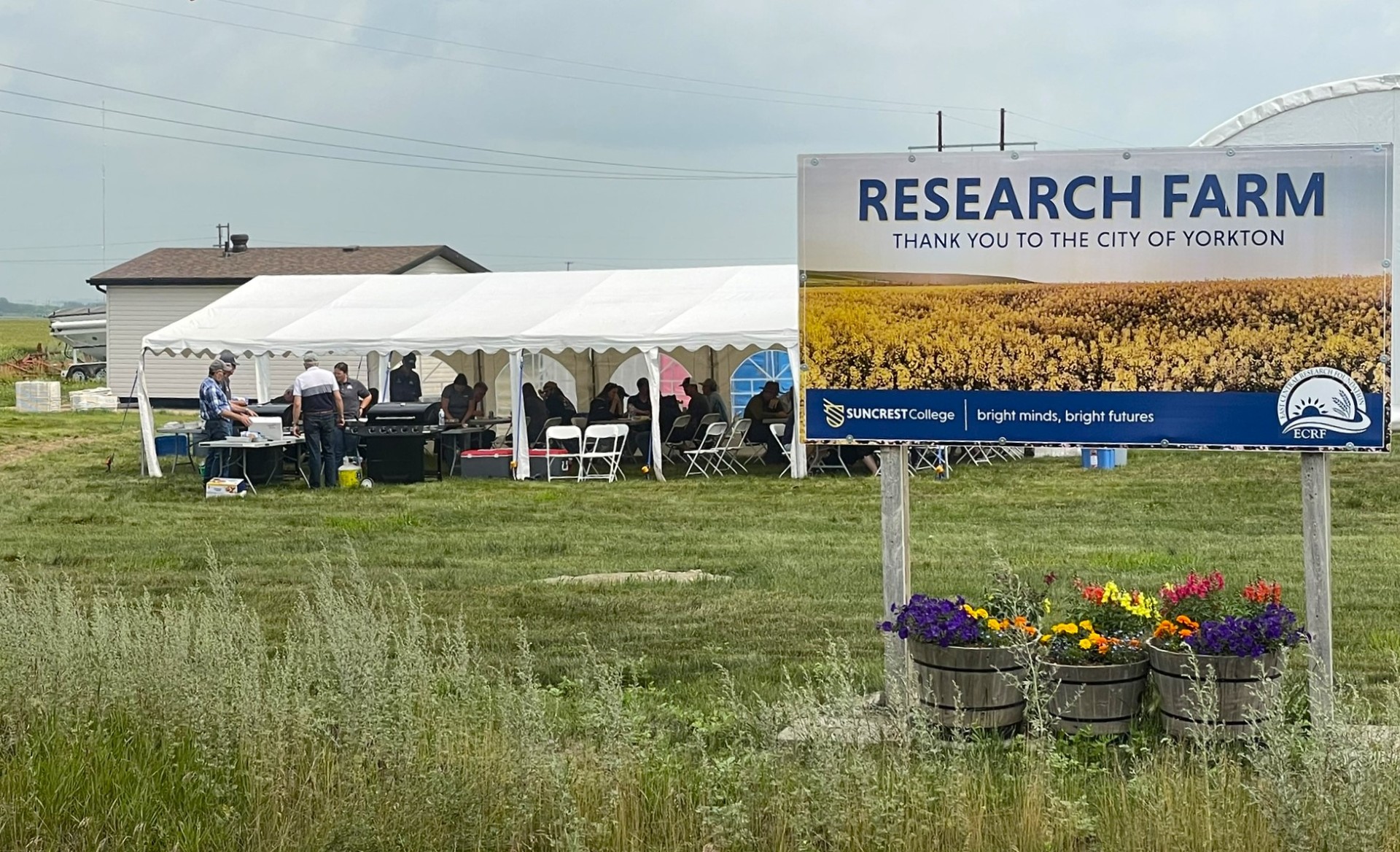The federal government is moving closer to banning certain types of plastics from being manufactured.
The ban was pushed back due to the pandemic and is now coming into effect.
The federal government says it will ban companies from importing or making plastic bags and Styrofoam takeout containers by the end of this year.
Environment Minister Steven Guilbeault is publishing the final regulations enacting the ban today. He says banning single-use items is only part of the government’s plan to end plastic pollution.
Joanne Fedyk the executive director of the Saskatchewan Waste reduction council says there is still much work to be done.
“When it comes to plastics we have a lot of work to do. Recent studies show we don’t recycle hardly any of it, and it ends up in the environment or landfills. This is one way to reduce the amount of plastic produces. It’s a start.”
Fedyk notes that most of the plastics on the federal list of products being disallowed are not widely recycled – so this move by the feds will help to ensure they don’t make their way into recycling bins.
Critical thinking about the types of products we are purchasing is the first step towards helping reduce the amount of plastics in the environment. Fedyk adds that choosing products that have less packaging is a crucial, “look for food with the least amount of packaging you can find. Reusable packaging is preferred. Reduce what comes into your house – and you don’t have to figure out what to do with it later.
Repairing and giving away items as opposed to throwing them out is another place that an impact can be made.
“Reduce is always the first “R”. We don’t want to forget that.” Says Fedyk, “We should always look at whether or not we really need something and if we can do something with fewer resources.”
Companies are being banned from importing or making plastic bags and Styrofoam takeout containers by the end of this year, their sale by the end of next year and their export by the end of 2025.








